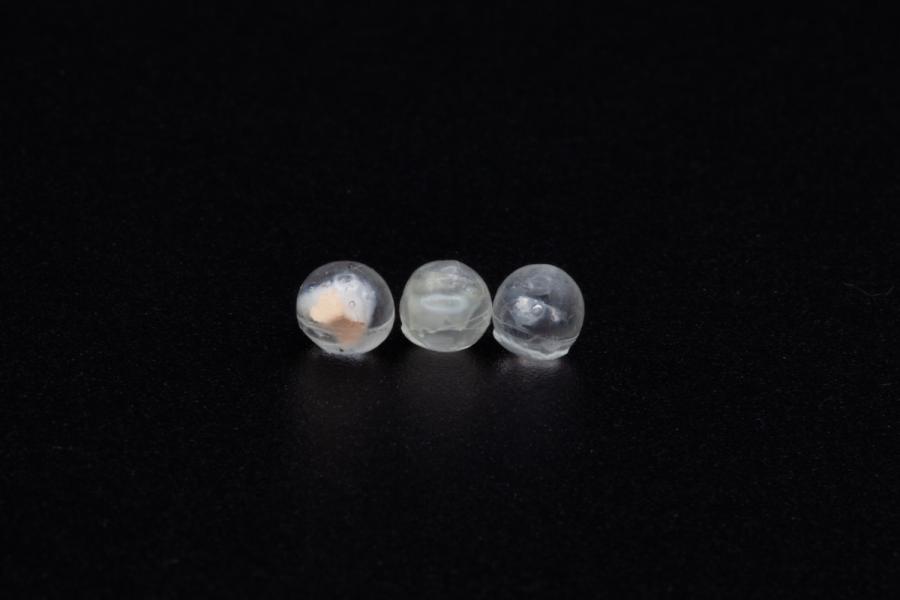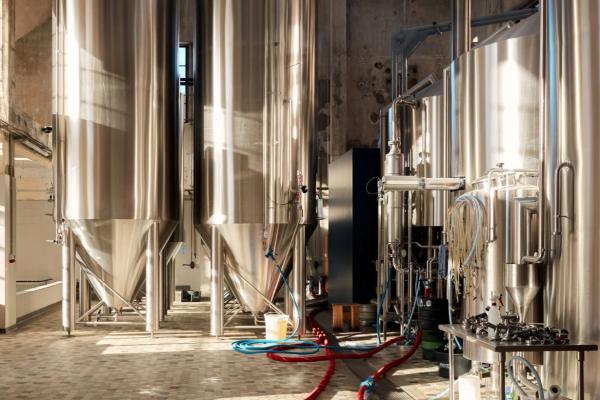Opened in 2021, our Kesselhaus is a 1600sqm craft beer behemoth. A brewhouse, bar, beer garden and event space in the heart of Wedding - every...
Artist Talk | With Adriana Knouf, In Extraterrestrial Space. All Bodies Are Trans Bodies
Thu, 11 May 2023 19:00
Artist Talk | With Adriana Knouf, In Extraterrestrial Space. All Bodies Are Trans Bodies
Art Laboratory Berlin welcomes you to our new series Permeable Bodies (May – November 2023), with artistic and feminist explorations of embodiment and identity in flux and an investigation of our interconnection and interaction with the environment around us. With reading groups, talks, workshops, and podcasts, we propose a net of narratives of permeability to encompass a poetic (post)natural history of being a woman throughout 2023.
Adriana Knouf, PhD (NL/US) works as an artist, writer and xenologist, focusing on topics such as wet media, space art, and queer and trans futurities. She is the Founding Facilitator of the tranxxenolab, a nomadic artistic research laboratory promoting entanglements among trans and xeno. Adriana regularly presents her artistic research around the world and beyond. Her work has been recognized by an Award of Distinction at Prix Ars Electronica (2021), an Honorary Mention from the Science Fiction Research Association’s Innovative Research Award, and as a prize winner in The Lake’s Works for Radio #4 (2020).
Bodies exist in a state of constant transition: growth, death, transformation, and renewal. Some bodies – such as human bodies that undergo medical transition – experience this more acutely. Departing from her twinned practices of medical transition as well as extraterrestrial space research, she will outline some of the ways in which all bodies that go to space become trans bodies. To recognize this is to highlight the processural nature of body transformation and its necessity in order to exist – perhaps, even, to thrive – within extreme environments, whether these are on earth or in extraterrestrial space. Through references to her own artwork, scientific research, and speculative fiction, she will show how we must embrace our existence within the unsettling domain of being constantly in-transition and the new affordances that that domain provides.













